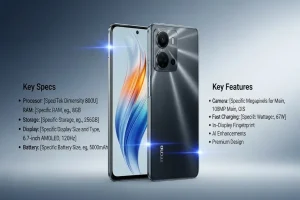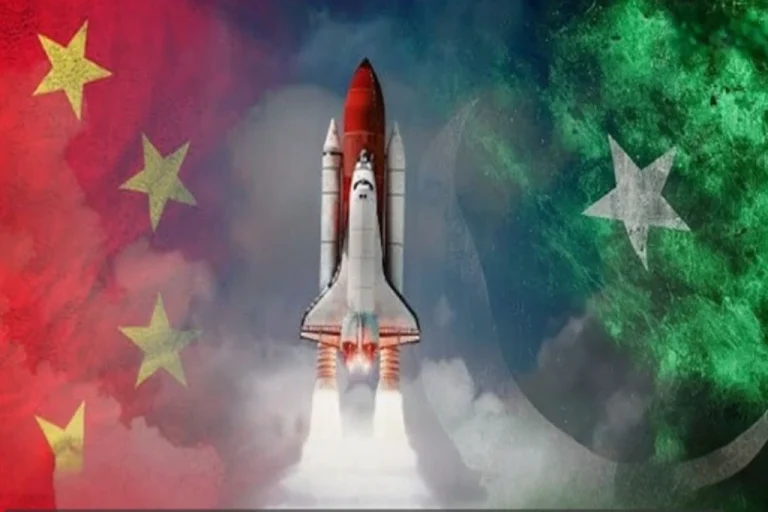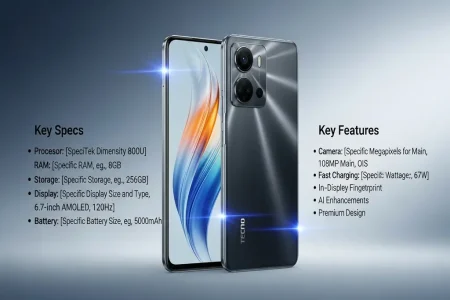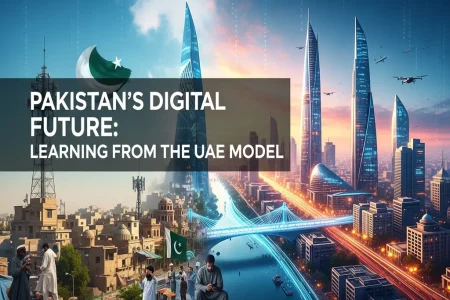Thursday morning started off with big news for Pakistan — and this time, it came from outer space.
With support from China, one of its satellites — they call it PRSS-1 — made its way into space. The rocket took off from Xichang, and honestly, it all went pretty smoothly.
A bit later, Planning Minister Ahsan Iqbal confirmed what everyone was hoping — the satellite had settled into orbit just fine.
He described it as a proud occasion — not just for science, but for the entire country — and proof that Pakistan is steadily moving forward in the field of technology.
Named the Pakistan Remote Sensing Satellite-1, the satellite isn’t just a piece of equipment in space. It’s built to do important work here on Earth — from helping design smarter cities and managing agricultural land to responding to natural disasters and keeping track of changes in the environment.
China – Pakistan 🇨🇳 🛰 🇵🇰
— Pakistan Strategic Forum (@ForumStrategic) July 31, 2025
Pakistan has successfully launched an Advanced Remote Sensing Satellite from Xichang Launch Centre, China.
Satellite has been indigenously developed & designed by The Space & Upper Atmosphere Research Commission [SUPARCO]. pic.twitter.com/jw4cnILWN3
What Makes This Satellite Important?
This isn’t just about space exploration. PRSS-1 has been built to support real-world needs. It will:
- Help plan roads and buildings in growing cities
- Give early warnings about floods, earthquakes, and landslides
- Support farmers through modern techniques like precision agriculture
- Monitor water use and forest cover
- Track changes in the climate, like melting glaciers or cutting down of trees
The project was made possible through a strong partnership between Suparco (Pakistan’s space agency) and Chinese organizations like China Electronics Technology Group and MICROSAT. It shows what countries can achieve when they work together.
Beyond science, this satellite will also support big national plans like CPEC. It can help map out transport routes, find risky areas for construction, and offer useful data for development work across the country.
Suparco’s chairman, Muhammad Yousaf Khan, said the satellite isn’t just for show — it’s actually going to help in a bunch of important areas. Whether it’s farming, building infrastructure, or even keeping an eye on the environment, there’s a lot this one satellite can help with.
Minister Ahsan Iqbal, who attended the launch in person, said this wasn’t just a technical win — it’s a moment that brings pride to all Pakistanis. He made a point to mention something else too — this launch isn’t only about space or science. It also says a lot about how strong the relationship between Pakistan and China has become over the years.
Later on, Prime Minister Shehbaz Sharif also shared his thoughts. He called it a major achievement and thanked China for standing by Pakistan throughout the project. President Zardari had a few words as well — he said the scientists had made the whole country proud.
Truth is, this wasn’t just about sending a satellite into space. For a country like Pakistan, it means a lot more — maybe even a small push toward doing things smarter, planning better, and keeping up with how fast the world is changing.
Also read this: Meezan Bank Launches Visa Global eSIM for International Travelers







